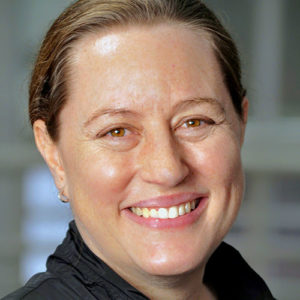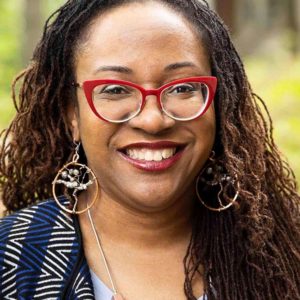
Science Fiction and Contemporary American Culture
Science fiction has been flourishing as a genre of both popular and literary culture in unprecedented ways. It can be utopian or dystopian, invoke the weird biology hidden in ecosystems, critique political life from an alternate world, and say much about how we understand bodies, objects, and information. This webinar will use four short texts … Continued








